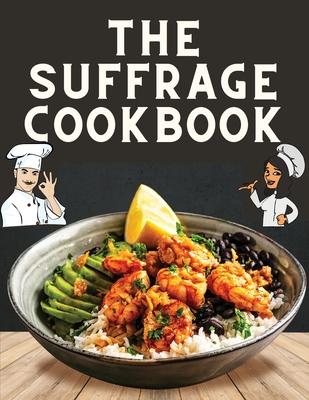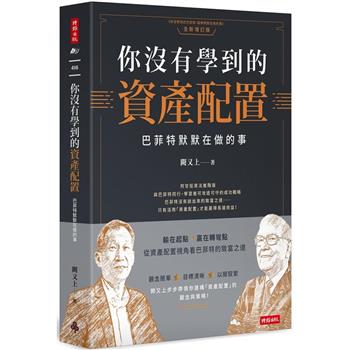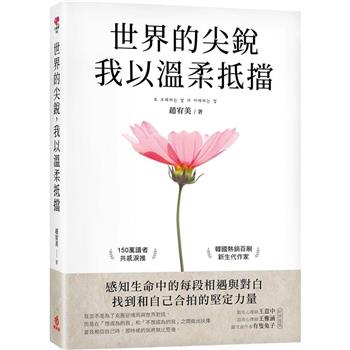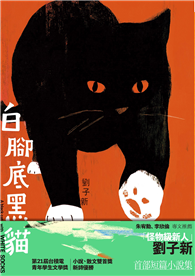There are cookbooks and cookbooks, and their generation is not ended; a generation that began in the Garden of Eden, presumably, for if Mother Eve was not vastly different from her daughters she knew how to cook some things better than her neighbors, and they wanted to know how she made them and she wanted to tell them.
Indeed, it has been stated that the very first book printed, a small affair, consisted mainly of recipes for "messes" of food, and for remedies for diseases common in growing families. Whether the very first book printed was a cook book or not, it is quite true that among the very oldest books extant are those telling how to prepare food, clothing and medicine. Some of these make mighty interesting reading, particularly the portions relating to cures for all sorts of ills, likewise of love when it seemed an ill, and of ill luck.
And who wouldn’t cheerfully pay money, even in this enlightened day, for a book containing recipes for just these same things? For in spite of our higher civilization, broader education, and vastly extended knowledge, we still believe in lucky days, lucky stones, and lucky omens. These formed no inconsiderable part of the old time cook book, and no doubt would constitute a very attractive feature of a modern culinary guide.
However, hardly anyone would confess to having bought it on that account. In these later times professors of the culinary art tell us the cooking has been reduced to a science, and that there is no more guess work about it. They have given high sounding names to the food elements, figured out perfectly balanced rations, and adjusted foods to all conditions of health, or ill health.
And yet the world is eating practically the same old things, and in the same old way, the difference being confined mainly to the sauces added to please the taste.

 看圖書介紹
看圖書介紹









